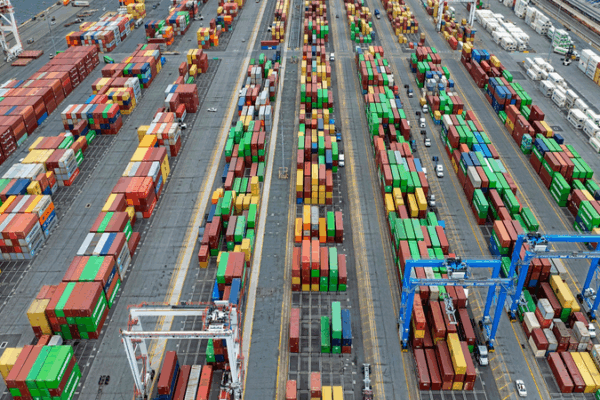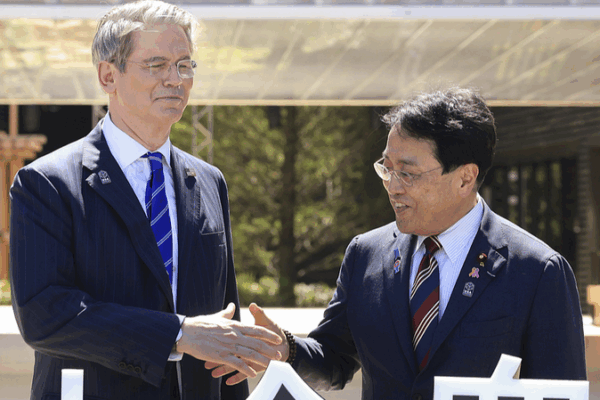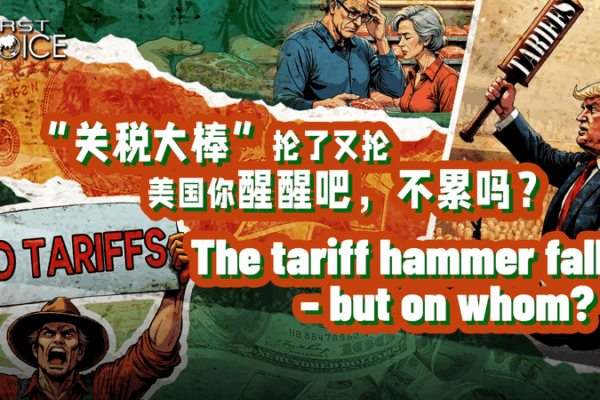
AI Takes Center Stage at 22nd China-ASEAN Expo in Nanning
AI powers the 22nd China-ASEAN Expo in Nanning as over 3,200 companies explore FTA 3.0 opportunities, a 10,000 sqm AI pavilion, and CAFTA’s 15th anniversary.
My Global News: Voices of a New Era
🌍 Stay Ahead, Stay Global 🚀

AI powers the 22nd China-ASEAN Expo in Nanning as over 3,200 companies explore FTA 3.0 opportunities, a 10,000 sqm AI pavilion, and CAFTA’s 15th anniversary.

US reciprocal tariffs on steel, aluminum and beyond are disrupting the Bretton Woods-era order, spurring protectionism, boycotts and WTO lawsuits as nations seek new trade alliances.

Japan’s tariff talks with the U.S. remain on track despite the ruling coalition losing its upper house majority ahead of an August 1 deadline.

US firms are racing to restock from the Chinese mainland supply chain after the Geneva summit eased tariffs, underscoring how vital these networks remain in global trade.

Chinese mainland exporters refuse to cut prices under U.S. tariffs, as home appliance makers in Zhongshan adapt and U.S. buyers scramble to secure orders within a 90-day window.

U.S. tariffs intended to protect jobs and security have backfired – driving up consumer costs, denting business value by $640 billion, and straining global partnerships.

Nearly 1,000 economists, including Nobel laureates, warn U.S. tariff policies risk a self-inflicted recession and higher prices for workers.

U.S. tariffs added $9.3B to footwear costs in 2023, spotlighting how trade policies hit consumer wallets amid rising inflation.
Green protectionism poses a significant threat to global sustainability efforts by imposing tariffs on green products and widening the gap between developed and developing economies.

China-Europe Middle Corridor gains traction with a surge in freight trains, enhancing global trade and strengthening ties between China and the West.